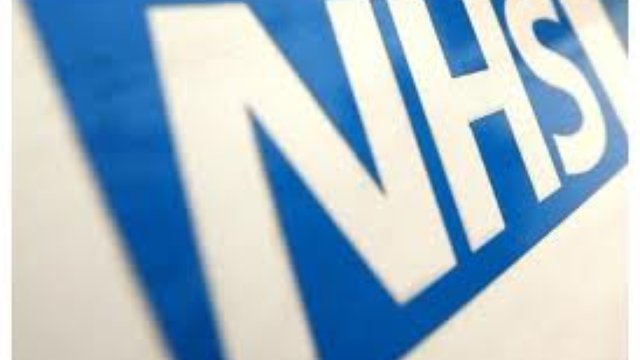On Air Now
The Capital Evening Show with Jimmy Hill 7pm - 10pm
29 September 2017, 07:13 | Updated: 29 September 2017, 07:14

More than half of nurses in Scotland do not have enough time to provide the level of care they would like, a new survey has found.
Almost half said the care was not at the level they would want to receive as a patient.
The findings were drawn from a survey on staffing levels conducted by the Royal College of Nursing (RCN).
The organisation questioned nursing staff across the UK - including 3,323 in Scotland - about their experiences on recent shifts.
Preliminary findings released in July revealed that half of respondents in Scotland reported patient care was compromised on their most recent shift due to staffing shortages.
The full survey results also show that 54% of nurses did not have enough time to provide the level of care they would like, while 38% did not feel satisfied with the quality of care.
Asked if the care was at the level they would wish receive as a patient, 46% disagreed.
A third - 34% - of those surveyed said lack of time had resulted in them leaving necessary care undone.
Meanwhile 61% said they worked additional time on their shift - on average an extra 46 minutes.
The RCN is calling for new legislation in each part of the UK that guarantees safe and effective levels of nursing staff alongside increased funding and pay.
Last year the organisation welcomed Scottish Government proposals to enshrine minimum NHS staffing levels in law, but said it would only work if backed up with funding for extra staff.
Theresa Fyffe, director of the RCN in Scotland, added: "Nursing staff are blowing the whistle on how just how untenable the situation is for them and for the people they care for.
"For too long the concerns of Scotland's nursing teams have been ignored, and the care of patients in hospitals and in their own homes has suffered as a result.
"This report shows the strength of feeling that there is amongst nurses and health care support workers who want to deliver the very best care to patients, but come up against the realities of workforce pressures on every shift."
She added: "The Scottish Government has the opportunity with its proposed safe staffing legislation to address these challenges and to safeguard nursing in Scotland for generations to come."
Opposition parties said the survey findings were a "wake-up call" for ministers.
Scottish Conservative health spokesman Miles Briggs said: "There's no shortage of warnings about staffing levels across Scotland's hospitals.
"But this is about as alarming as they get, and patients will be deeply concerned that so many nurses feel this way."
Green MSP Alison Johnstone, "This survey is a wake-up call for the Scottish Government, with staff and patients clearly suffering because of understaffing."
She added: "Any legislation on this issue must deliver power to ensure safe and sustainable staffing. It's clear the current situation cannot continue."
Health Secretary Shona Robison said: "The link between safe and sustainable staffing levels and high quality care is well established.
"Scotland has led the UK in the development of nursing and midwifery workload and workforce planning tools, ensuring we have the right number of staff, with the right skills, in place.
"We have committed to enshrine safe staffing in law, placing the nursing and midwifery workforce planning tools on a statutory footing.
"We will continue to work with key stakeholders, including professional bodies and partnership organisations, including the RCN, over the coming months so that the legislation we introduce to parliament enables provision of safe, person centred and effective care."
She added: "In addition to the Bill, we are creating an estimated 2,600 extra nurse and midwifery training places over the next four years.
"This is part of a wider package of measures to support and sustain the nursing workforce, following the publication of Part 1 of the National Health and Social Care Workforce Plan in June 2017.
"Since September 2006, there has been a 5.6% increase in qualified Nurses and Midwives, with an additional 2314 working in our health service in June this year."